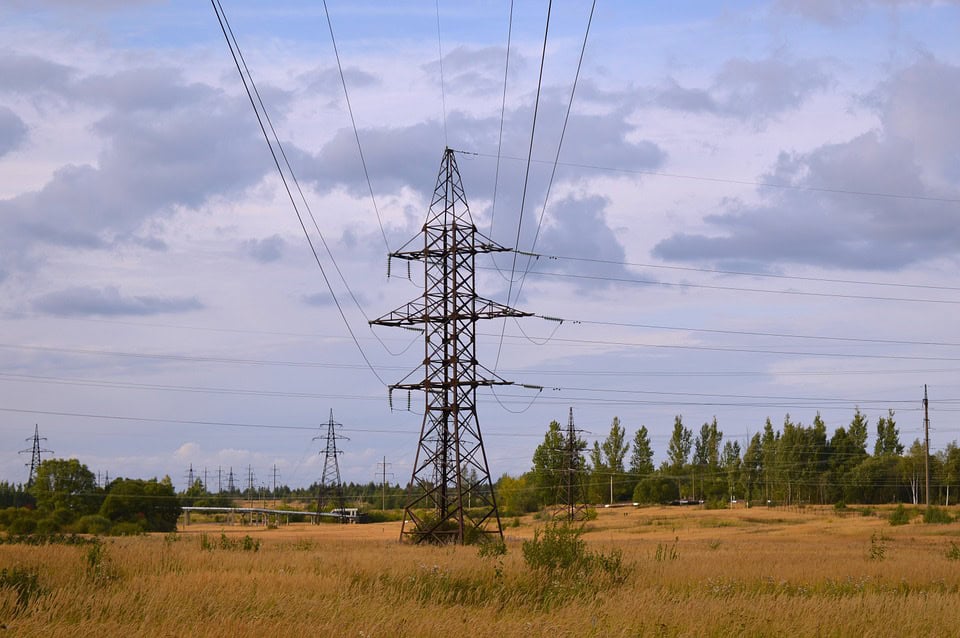New Delhi: Unable to introduce amendments to Electricity Act, 2003 due to lack of concensus among states, the Centre has decided to push through next big reform in the power sector – to allow consumers to choose their electricity suppliers offering the lowest tariff – through an administrative order.
Government sources said that the Power Ministry has drawn up a draft model plan for states that will allow multiple private franchisees to operate as power suppliers in a distribution area, with state-run distribution utilities becoming just owners of the network.
The plan is akin to the earlier proposal of the Power Ministry that suggested separation of the content (electricity supply business) and carriage (distribution network) business of distribution entities, thereby making discoms aggregators of power and owners of the distribution network and allowing multiple suppliers in their area to offer competition to consumers.
The government intended to do the changes through an amendment to Electricity Act 2003 but the changes have failed to get Parliamentary approval for last five years. The present plan would allow multiple franchisee to operate in distribution circle without any amendment to the Act.
“The franchisee model, where discoms benefit from upfront guaranteed payment for the power drawn by such entities and the use of the distribution infrastructure, has been in operation in few states and has met limited success. The current plan to allow multiple franchisees in a distribution circle, will need to be seen in the light of flexibility allowed to new the operators to manage their distribution area,” said a power sector expert.
The franchisee model has been tried in states like Maharashtra, Odisha and Rajasthan, but has not made much headway. With plan to allow pricing freedom to franchisees and other various incentives, the government is hoping that the new reform initiative may be lapped up by market operators.
Unlike the earlier version, the new franchisee plan would allow more than one such player in a distribution circle who would compete among themselves for a larger share of electricity consumers in their area. This they could do through innovative incentive schemes.
The franchisees would be offered the task of electricity supply in a circle on the basis of upfront payment to discoms. Though the franchisees would be free to source electricity directly from generators, they would have to commit 50-75 per cent of power purchase from the discoms.
The franchisee would earn their revenue from the payment made by the consumers for electricity use. They would, however, have to incur power purchase and network management costs. They will also have to bear the costs of aggregate technical and commercial (AT&C) losses if it goes beyond predefined levels.
To the advantage of new operators, it has been decided that the subsidy that needs to be paid any category of consumers would be done directly into their bank account under the direct benefit transfer scheme. This would mean that franchisees could recover full electricity tariff.
India’s power distribution sector is the last bastion where several attempts in the past to reform have not bore results. Despite numerous schemes to fine tune operations of discoms and clean their books, the financial losses of discoms have risen 89 per cent year-on-year to Rs 28,369 crore in FY19. Also, the discoms’ over-dues to the gencos are now close to Rs 60,000 crore.
Franchisees to offer choice of suppliers to power consumers

Source: IANS
